Hamlet and the Life of a Sea Cucumber on the Great Barrier Reef. “Next time you’re having a bad day, I want you to think about the sea cucumber,” Gareth, our marine biologist at Reef Teach informed us. Located in Cairns, Australia, Reef Teach is an excellent jumping off point to view and interact with the Great Barrier Reef. While I may be paraphrasing his exact words, he did say he was our personal marine biologist; for life.
[the_ad id=”4426″]
SEA CUCUMBERS HAVE IT BAD
Indeed, at Reef Teach, they take their motto seriously: “With learning comes appreciation.” And, the recognition plus enjoyment of this education reaches far beyond that first encounter. In fact, those lessons continue with any marine contact we have for the rest of our lives. Afterward, Gareth encouraged us to communicate with them at any point if we have additional questions. Within reason, of course.
I must admit, sea cucumbers hold a particular fascination for me. To enumerate, my enchantment came from an excursion in high school. My marine biology teacher took my science class on a field trip. Forthwith, we found ourselves on a fishing boat, trawling the waters of Corpus Christi Bay. At length, a myriad of underwater life came to the surface. Among the sea life pulled up in the net was a lumpy slob of congealed mass. Following my surprised exclamation, my teacher identified the semisolid heap as none other than a sea cucumber.
Whereas time erases the exact name, it was most likely Holothuria grisea, aka the grey sea cucumber. When it comes to this form of marine life, there are several interesting facts. First, more than 1250 species of this particular marine life exist. Second, the sea star, or starfish is a close relative. Third, and most unexpected, sea cucumbers are among food delicacies, especially in Asian diets. Last, they are known to have medicinal qualities.
SEA CUCUMBERS AND HAMLET
But, what does Hamlet and the Life of a Sea Cucumber on the Great Barrier Reef have in common with Shakespeare?
As we all know, Hamlet is having a pretty lousy day. Or days. If you’re unfamiliar with the story, the kids at Mission Graduates can get you up to speed in Global Hamlet Episode 2. If only Hamlet knew about sea cucumbers. By comparison, maybe they would have helped him put things into a better perspective.
[the_ad id=”4426″]
1. AT LEAST HAMLET DOESN’T LOOK LIKE POO
Admittedly, at the beginning of the play, life is tough for Hamlet. First, his father unexpectedly died. Then, his uncle suddenly claimed the crown for himself. On top of all that, his mother married his uncle, only mere weeks after his father’s death. Additionally, he’s denied access to his girlfriend. Life is not good. But, at least he’s still young and handsome. Moreover, he’s a prince.
A sea cucumber may not have any of those problems. However, a sea cucumber looks like a blob of poo.
2. AT LEAST HAMLET DOESN’T EAT POO
After Hamlet discovers his father was murdered by his uncle, he has a lot to deal with, to say the least. Particularly, should he avenge his father’s death? Certainly, speaking with King Claudius would have taken on a particular disgust. Regardless, this Prince of Denmark spends a good chunk of time moaning and groaning about his situation. It becomes all about him.
Similarly, sea cucumbers live with their mouths almost permanently on the sea floor. Indeed, they’re in the most beautiful place in the world. And yet, for their entire life, all they ever do is keep their head in the sand. Yes, that was a dig at Hamlet. Of course, Hamlet is struggling with his newfound knowledge. Nevertheless, does he seek outside advice? Perhaps talk about it with his friends? Open up to his girlfriend? No. Instead, Hamlet is mired in his own foul thoughts.
In contrast, however, sea cucumbers are eating the sand. Being that white sand is parrot fish excrement, you draw the conclusion. Therefore, while Hamlet’s life may feel like poo, at least he isn’t eating it.
[the_ad id=”4426″]
3. AT LEAST HAMLET DOESN’T BREATHE THROUGH HIS BUM
After “the Mouse-trap” play, Hamlet believes he has proof. His uncle did, in fact, murder his father. Unfortunately, at this point, Hamlet makes the mistake of stabbing Polonius. As a result, his uncle catches wind of Hamlet’s suspicions. So, he kicks Hamlet out on his tush. Then, Claudius sets out to kill him. Bummer for Hamlet.
Speaking of bums, rear end, rump, cheeks, tush, buttocks, bottom, backside, derrière, behind, fanny, tushie, or whatever you call them. As Gareth, my marine biologist, so elegantly put it, “If your mouth is full of sand, and you only have two orifices, how do you breathe?” Yes. You’ve got it. You respire through your bum.
Sure, this is a suffocating situation in which Hamlet finds himself. But overall, there’s something inherently more disgusting about breathing air through the same spot you squeeze out poo. Wouldn’t you agree?
4. AT LEAST HAMLET DOESN’T HAVE FISH LIVING IN HIS BUM
And here is the clincher. Focused so intensely on eating, poor sea cucumbers offer no defense for their rear end. Unfortunately for the sea cucumber, for the enterprising fish, these crevices provide quite the location. To elaborate, up to 15 different venturesome marine creatures can live in their fanny at a time.
Now, folks, you see, Hamlet really doesn’t have it all that bad. Because, the Prince of Denmark could instead, be living the life of a sea cucumber.
[the_ad id=”4426″]
A DOWNHILL SPIRAL
Hence, the next time you feel your life is on a downhill spiral, consider Hamlet. Then, think of the sea cucumber.
Enjoy this video when Hamlet’s life begins to feel more like a sea cucumber.
FOR MORE INFO ABOUT SEA CUCUMBERS
By now, aren’t you intrigued? Luckily, Amazon has access to excellent materials on sea cucumbers. Plus, every purchase gives a little bit back to ImprovEd Shakespeare. In this way, we can continue teaching Kids about Shakespeare. And, sea cucumbers.
ImprovEd Arts is a participant in the Amazon Services LLC Associates Program, an affiliate advertising program designed to provide a means for sites to earn advertising fees by advertising and linking to Amazon.com. Sales from this link will give ImprovEd Arts a commission, which is applied to creating more great opportunities for Kids to learn Shakespeare.
SHAKESPEARE FOR ALL
Working with Shakespeare in education frightens many. Because Shakespeare experts, including professionals, surround us. Escaping them is difficult. This can be intimidating. Thus, feelings of dread usually accompany the act of presenting, but moreover be introduced to, the Bard.
For this reason, ImprovEd Shakespeare is here to help. Founder and Director, Andee Kinzy, offers the layman’s approach to Shakespeare.
[the_ad id=”4426″]
SHAKESPEARE FOR TEACHERS AND DIRECTORS
If you’re an English teacher, a theatre director, or a well-trained Shakespeare advocate, here you will find inspiration, as well as techniques, for making our favorite bard fun for Kids. Accordingly, we present old, new and improved ideas for introducing Shakespeare to youth for the non-Shakespeare-academic. Among them, we include theatre games, improvisation, tips, tricks, plus activities for using Shakespeare in education.
SHAKESPEARE FOR KIDS
Since 2011, ImprovEd Shakespeare has been exploring the Bard with youth through theatrical performance. Our signature scripts are a mix of modern narration plus original Shakespeare verse. With a focus on the story, including an abbreviated script length, our productions entertain all ages. Moreover, our catalog goes beyond the oft-used Midsummer Night’s Dream, or Romeo and Juliet. We’ve discovered that young people find much to their delight among many of Shakespeare’s works. Consider subscribing to our YouTube channel for family-friendly Shakespeare videos.
PERFORMANCES
Each fall and spring, ImprovEd Shakespeare develops a new production for live performance. In honor of the traditional Renaissance traveling troupe, during a period of a few weeks, we present Kid-friendly plays at various venues around town. Our Players, between 3rd-11th grade, gear themselves with playful, as well as engaging interpretations of works by the Bard of Avon. Suitable for all ages, each performance runs for about an hour.
Furthermore, these shows are always FREE. However, we gladly accept Donations! Additionally, visit ImprovEd Shakespeare, Shakespeare for Kids by Kids on Facebook, Instagram, & Twitter. And don’t forget to click on our BLOG for the stories behind these videos.
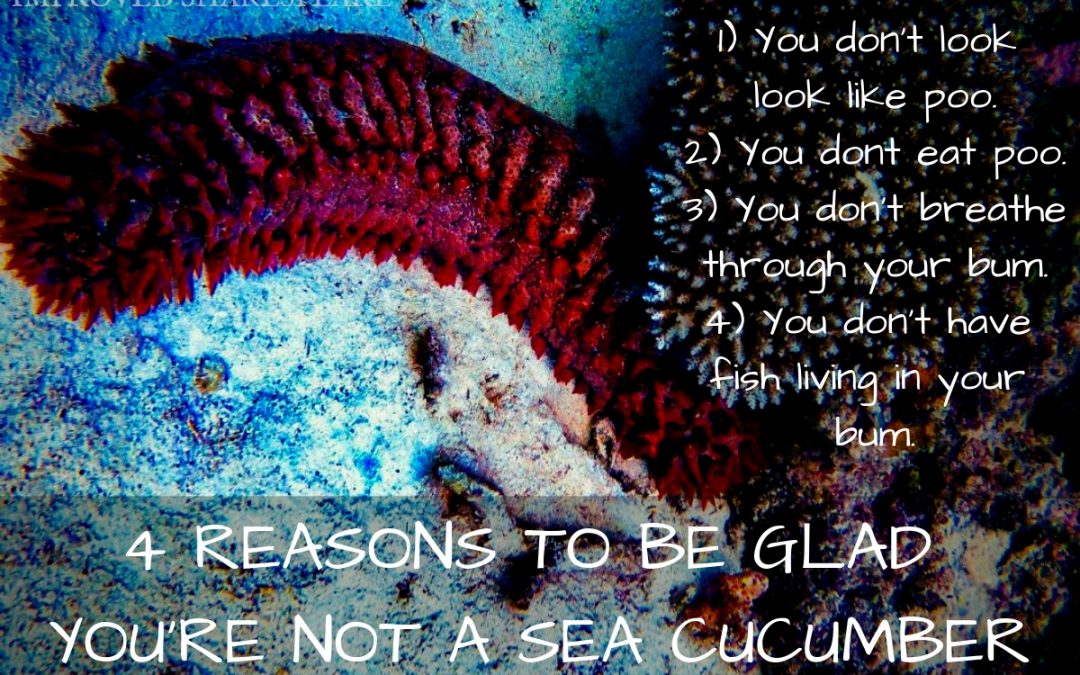
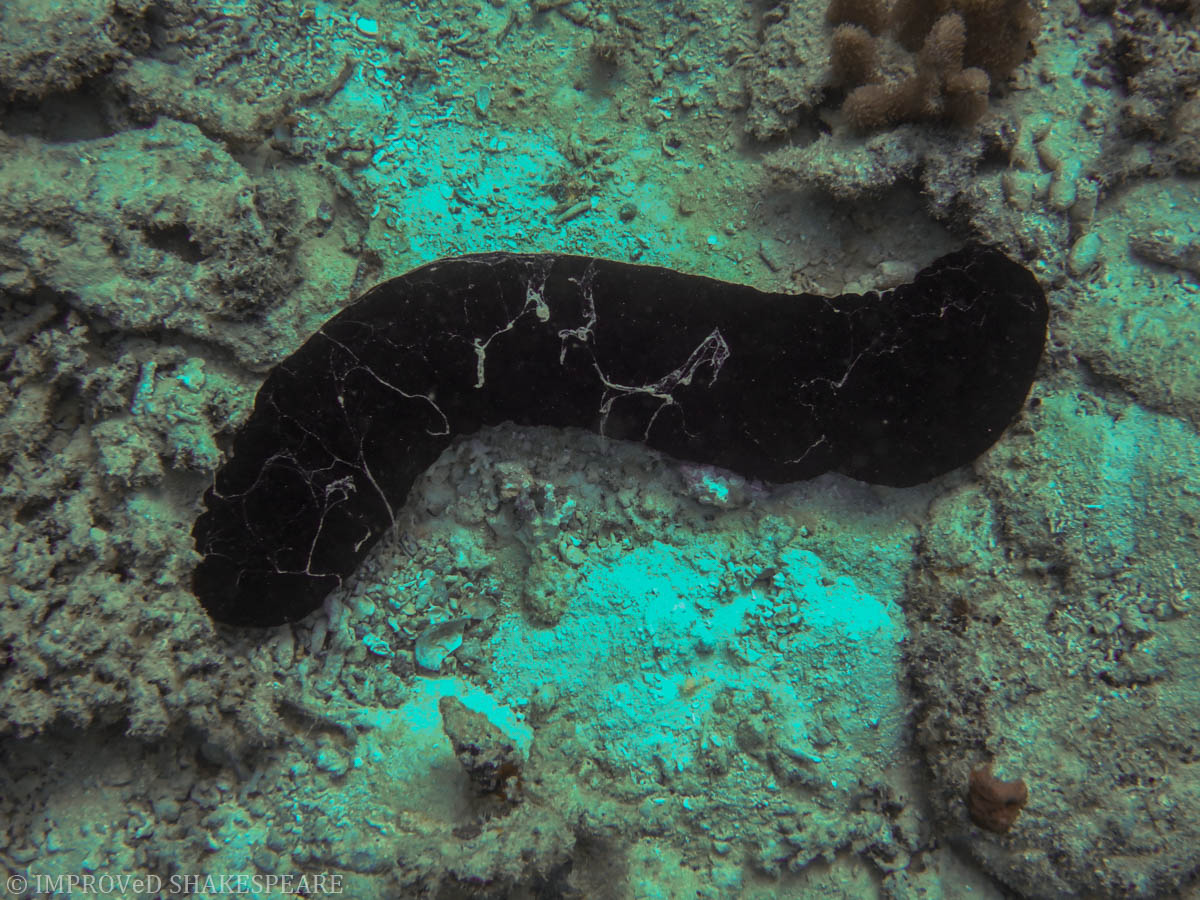
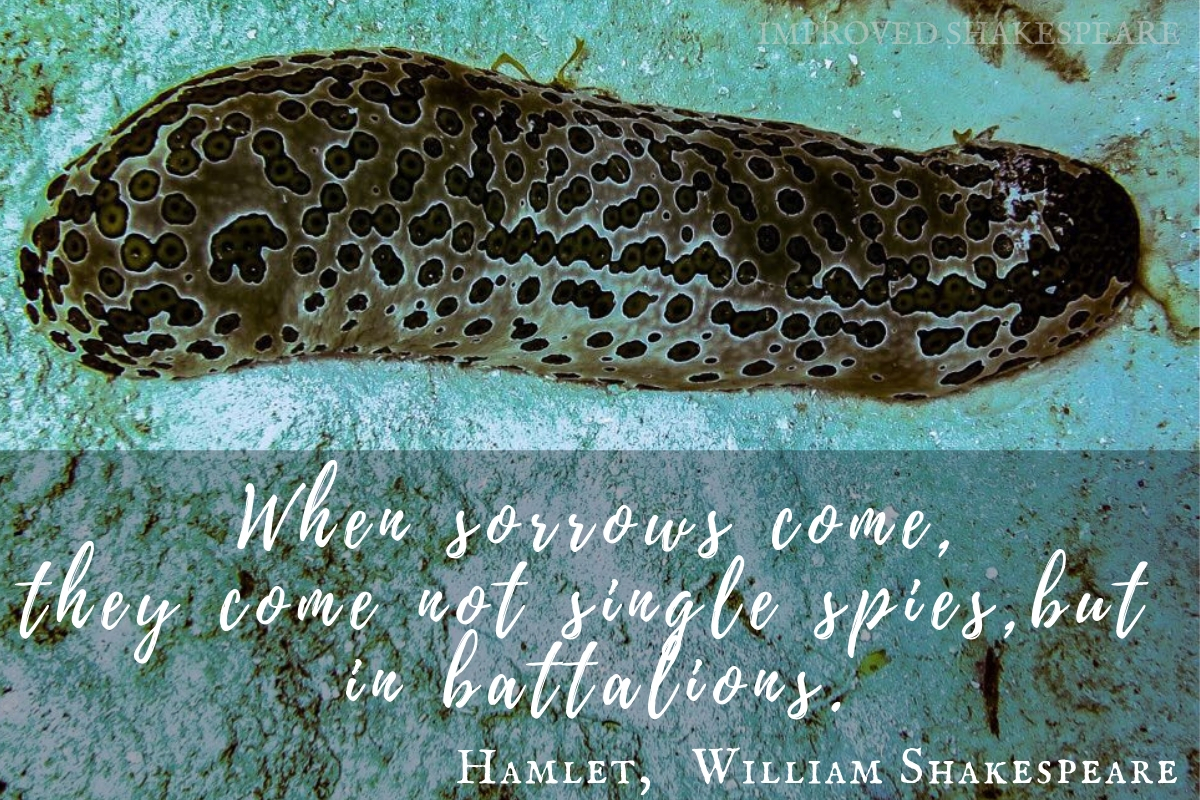
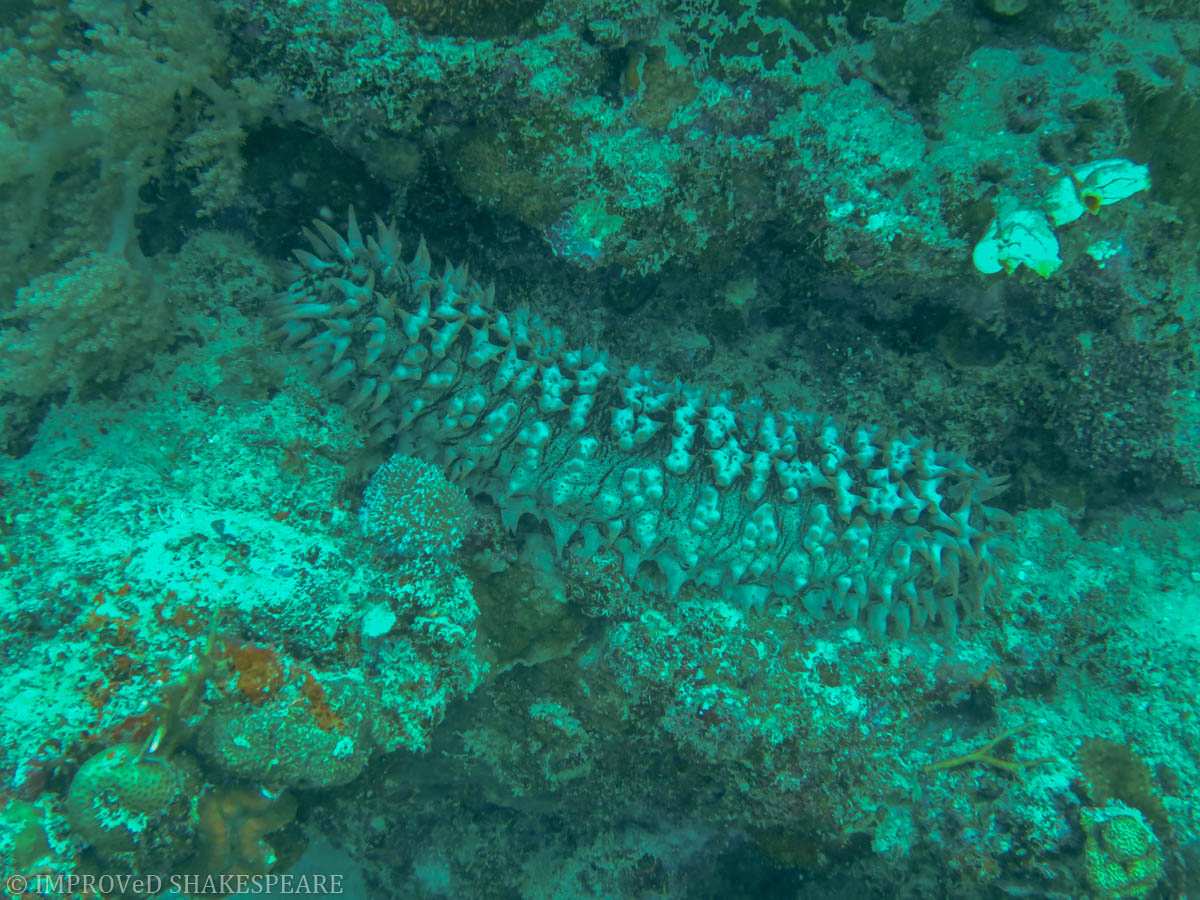
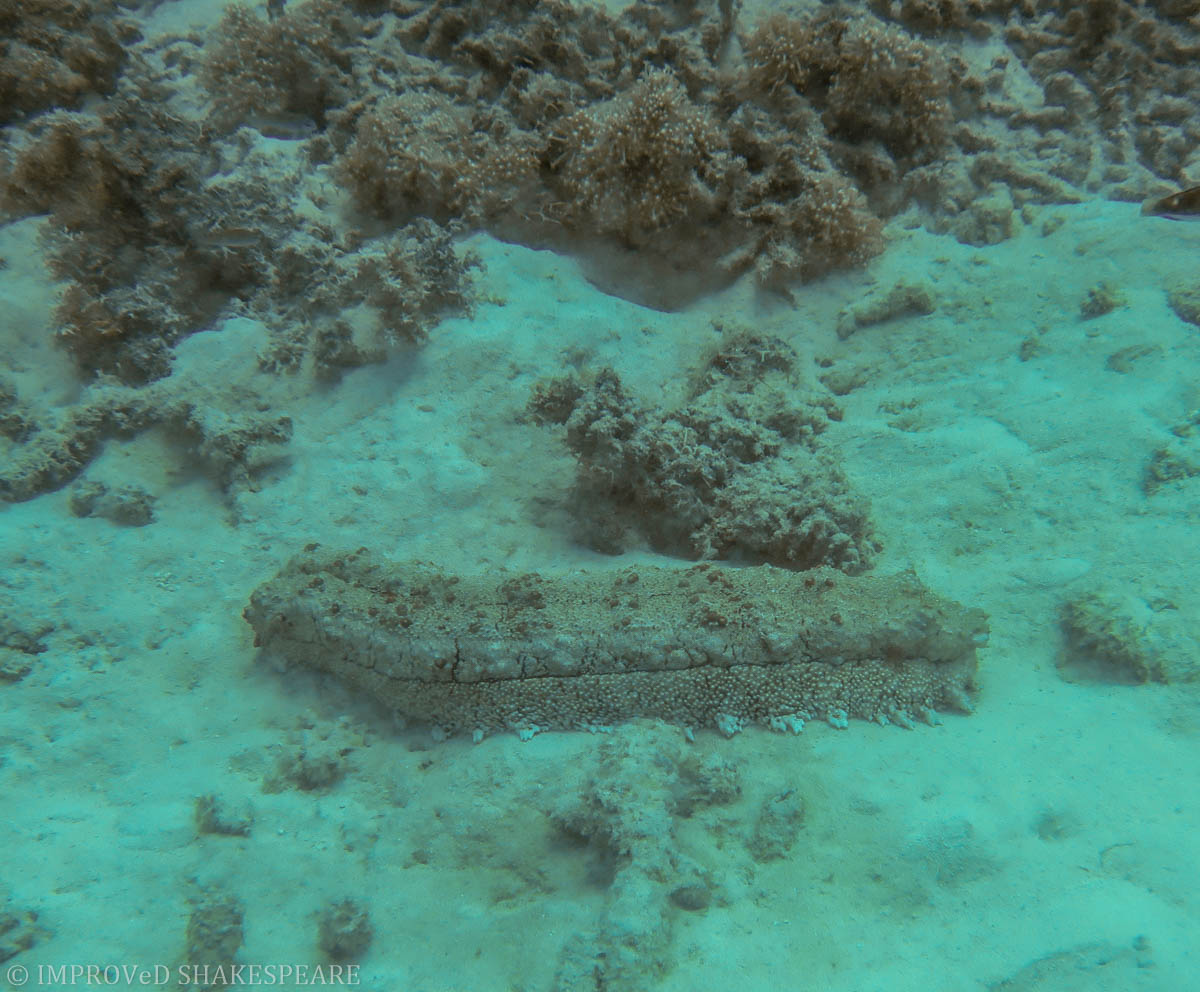



Will never think about Hamlet’s troubles the same way again. Thanks, Andee.
Glad to put things in perspective! Grin.